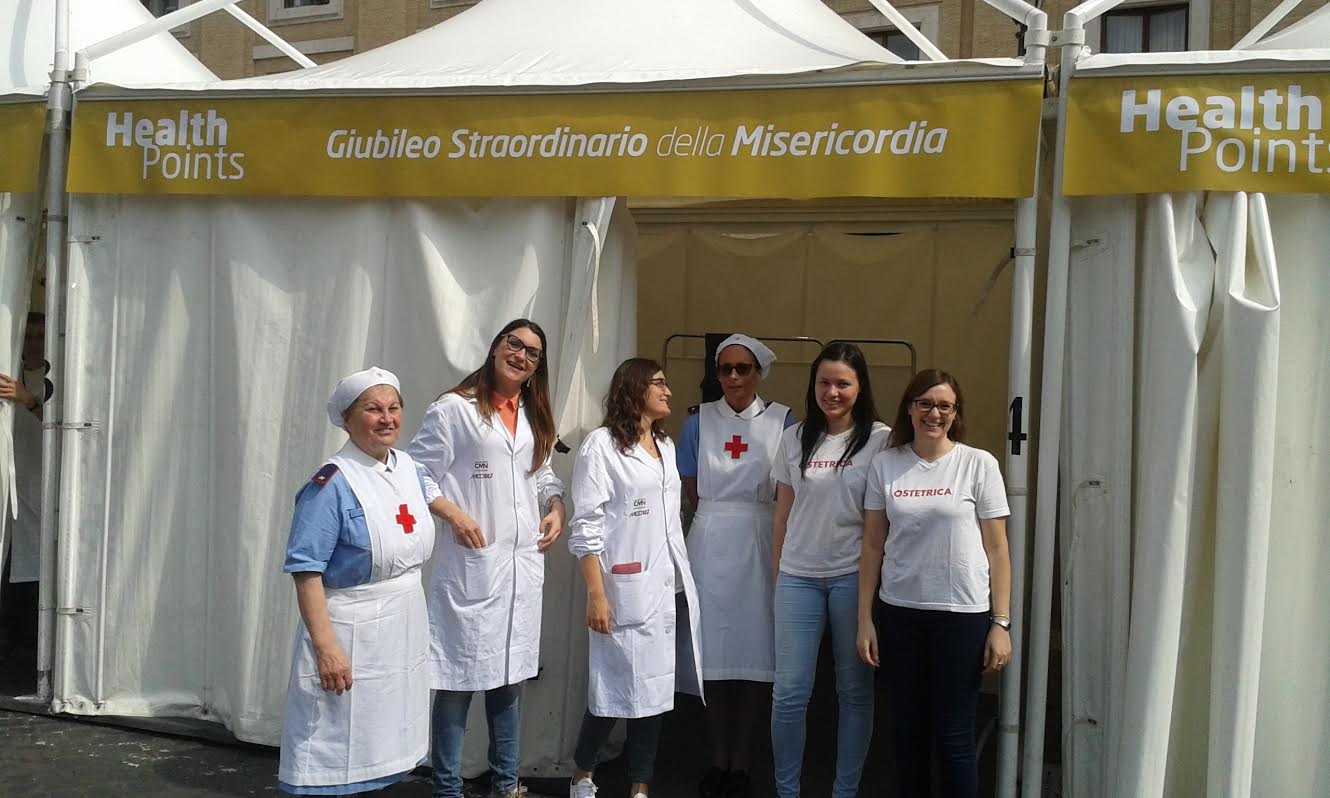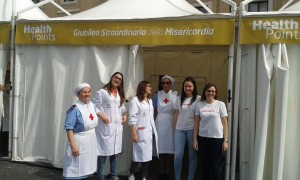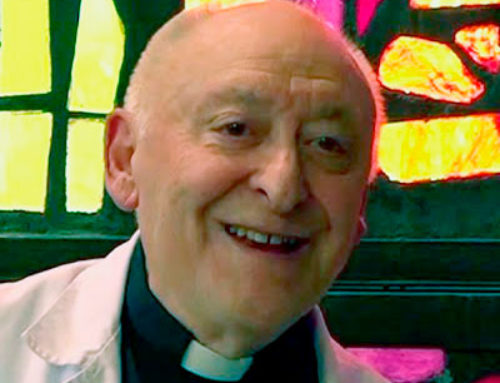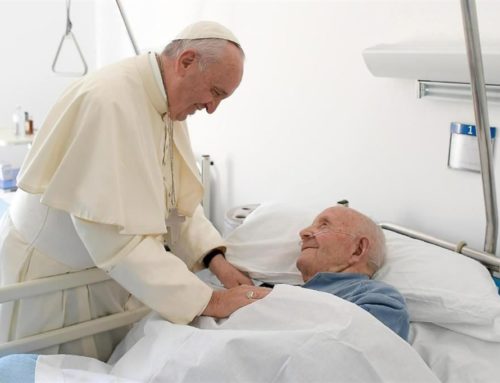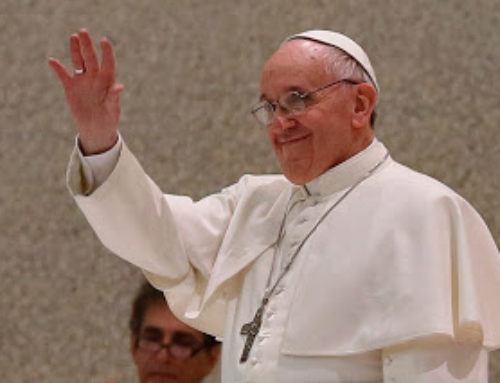“What an illusion it is when people today shut their eyes in the face of sickness and disability!” Pope Francis has said, decrying, “They fail to understand the real meaning of life, which also has to do with accepting suffering and limitations.”
Pope Francis made this strong statement this morning during the concluding Mass of theJubilee for Sick and Disabled, June 10-12, in St. Peter’s Square.
In his homily, the Pontiff drew inspiration from St. Paul’s letter to the Galatians, who says, “I have been crucified with Christ; it is no longer I who live, but it is Christ who lives in me,” noting how the Apostle powerfully expresses the mystery of the Christian life, which can be summed up in the paschal dynamic of death and Resurrection received at baptism.
Francis pointed out that this rebirth embraces every aspect of our lives: even sickness, suffering and death are taken up in Christ and in him find their ultimate meaning. He suggested how this Jubilee day for the sick and disabled is an appropriate time to remember this and to recall that all faithful at some point or another are called to face frailty and illness, be it their own or of others.
Illusions
The 78-year-old Pope recalled that human nature is marked by its limitations.
“In an age when care for one’s body has become an obsession and a big business, anything imperfect has to be hidden away,” Francis lamented, “since it threatens the happiness and serenity of the privileged few and endangers the dominant model.”
The Pope criticized that such people “should best be kept apart.”
Francis decried that people ‘illude’ themselves when they close their eyes to the suffering, noting they don’t understand the meaning of life which comes with its limitations.
“The world does not become better because only apparently “perfect” people live there – I say “perfect” rather than “false” – but when human solidarity, mutual acceptance and respect increase.”
Francis recalled that today’s Gospel (Lk 7:36-8:3) presents us with a specific situation of weakness, in which a woman caught in sin is judged and rejected, yet Jesus accepts and defends her. This tenderness, he explained shows God’s love for those who suffer and are cast aside.
2 Types of Suffering
The Jesuit Pontiff noted how suffering need not only be physical, noting that one of today’s most frequent pathologies is also spiritual.
“It is a suffering of the heart; it causes sadness for lack of love. It is the pathology of sadness. When we experience disappointment or betrayal in important relationships, we come to realize how vulnerable and defenceless we are. ”
The happiness which we desire, Francis explained, can be obtained only through our capacity to love, without exception.
He also posed to the present the question of whether we can “reproach God for our infirmities and sufferings when we realize how much suffering shows on the face of his crucified Son?”
The Pope urged the faithful to imitate Jesus, whose “physical pain was accompanied by mockery, condescension and scorn,” but “responded with a mercy that accepts and forgives everything.”
“Jesus is the physician who heals with the medicine of love, for he takes upon himself our suffering and redeems it. We know that God can understand our infirmities, because he himself has personally experienced them (cf. Heb 4:15).”
Pope Francis concluded, reminding those gathered that the way one experiences illness and disability is “an index of the love” they are ready to offer, and that in weakness, one can become strong.
***
On ZENIT’s Web page:
Pope’s Homily: https://zenit.org/articles/popes-homily-at-jubilee-for-sick-disabled/
Pope’s Angelus Address: https://zenit.org/articles/angelus-address/
On the NET:
More Information on the Jubilee for Sick and Disabled: http://www.im.va/content/gdm/en/roma/grandi-eventi/2016-06-12-disabili.html

